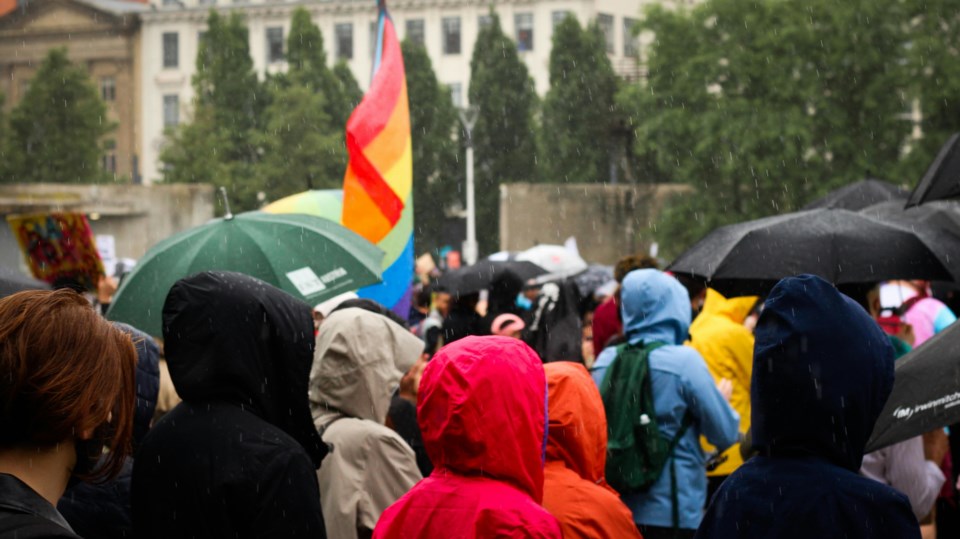Two years after the tragic mass shooting at Club Q in Colorado Springs, victims and families have filed lawsuits targeting both local officials and the nightclub’s owners.
They allege that failures in enforcing Colorado’s red flag law and security lapses at the venue enabled the attack that claimed five lives and injured 19 others.
Lawsuits Highlight Failures of Red Flag Law Enforcement
Victims claim the El Paso County Sheriff's Office failed to implement Colorado's red flag statute, which was intended to temporarily take firearms from dangerous persons.
Despite the shooter’s history of violent threats, including a 2021 arrest for bomb threats and kidnapping, officials did not take action under the law.
The lawsuits point to El Paso County’s 2019 declaration as a “Second Amendment Sanctuary,” opposing the use of the red flag law.
This approach, along with policies that prohibit firearm seizures without probable cause, enabled the gunman to keep guns and commit mass violence at Club Q.
Allegations Against El Paso County Officials
The lawsuits name former Sheriff Bill Elder, accusing him of inaction despite clear warnings about the shooter’s escalating behavior.
Elder maintained policies that avoided invoking the red flag law, even when presented with evidence of potential mass violence.
Records show the shooter had expressed plans to harm others and stockpiled weapons, yet no steps were taken to disarm them.
This failure, according to the plaintiffs, directly contributed to the Club Q tragedy and exposed broader issues in law enforcement’s role in public safety.
Claims of Negligence Against Club Q
Additionally, Club Q and its owners are the subject of the claims, stating that the venue disregarded security in the years preceding the attack.
Originally manned by five security guards, the nightclub apparently cut its staff to only one person handling several responsibilities.
Families of victims contend that even with the higher hazards experienced by LGBTQIA+ venues, these cuts left clients unprotected.
They assert Club Q prioritized cost reductions above safety precautions, so failing to keep its promise of being a "safe place" for the community.
Broader Implications of the Legal Action
The legal actions highlight the necessity of more robust application of gun safety policies including red flag regulations.
Families and victims hope the lawsuits will make institutions answerable and inspire reforms to stop such tragedies going forward.
Significant precedents for how law enforcement and corporations handle safety issues may also be established by these cases.
The search of justice by survivors seeks to guarantee that such mistakes never be repeated while they heal.



